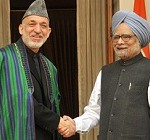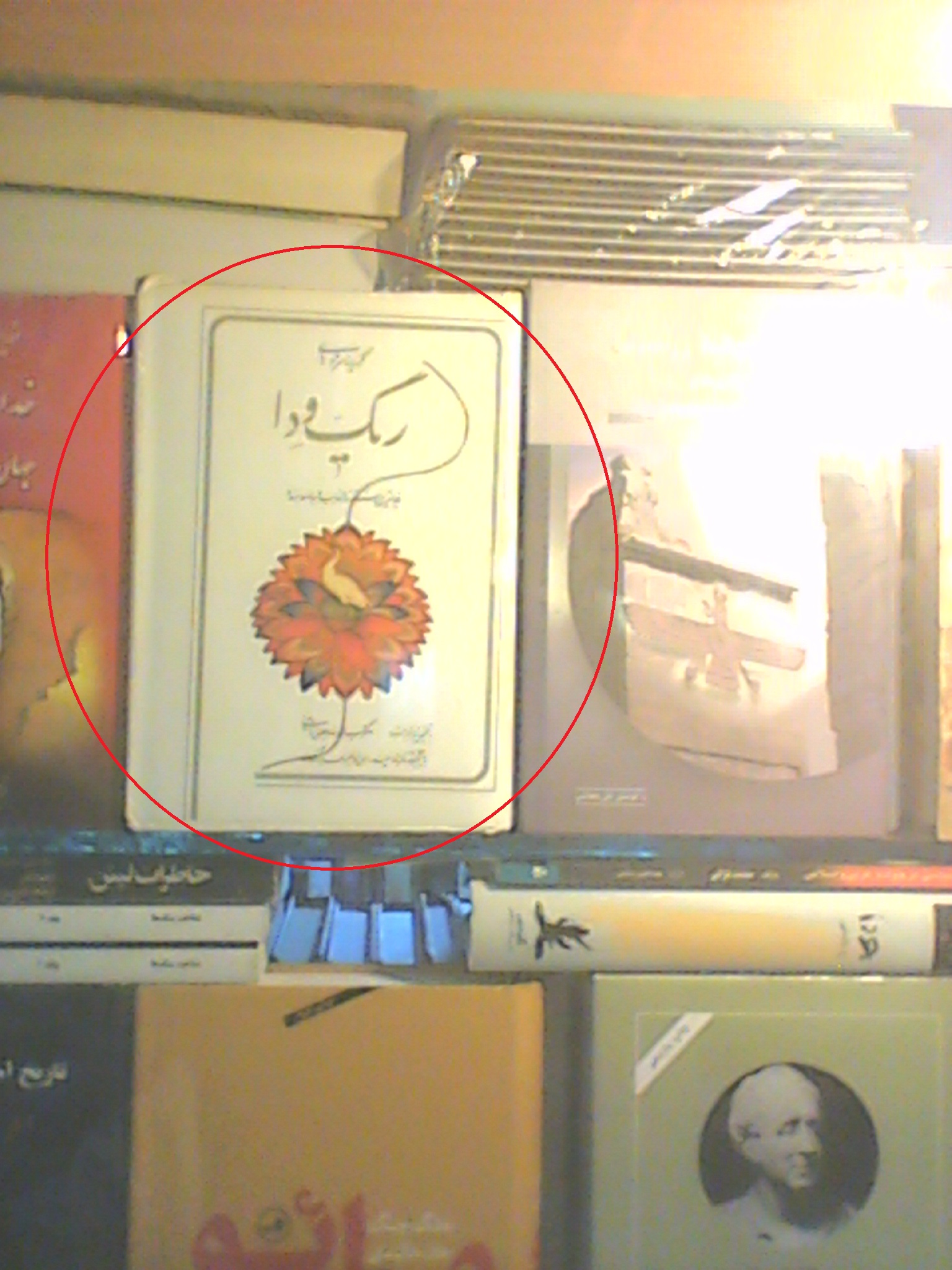On my first day in the city, my landlady, among other things, said, “Remember, if you are on your feet on the streets, you qualify for getting into trouble. Welcome to Kabul.”
In several ways, she was right. There have been many incidents of kidnapping, mugging, and not to mention, the ever-looming threat of an insurgent attack wherever you go.
The initial paranoia of being kidnapped or getting into unwanted trouble acted up when I lost my way from a café to my house – they are just a lane away from each other – on a sunny evening.
That was day two, and this is day 10. Perceptions have changed, and initial apprehensions have slowly begun to fade. It isn’t that the city became extremely safe all of a sudden; it was my Indian identity that played a major role in this process.
Wherever you go in the city, there is an omnipresent ‘India factor.’ Unlike the presence of the West, India is woven into the society and life of Afghans. Most Afghans in Kabul understand and/or speak Hindi, thanks to the popularity of Indian cinema in the country. Khuda Gawah is still one of the most popular movies among the older generation here, despite the influx of new age cinema from India and other countries. Every shop has a small television set playing Indian shows and television showrooms play Indian shows/movies on their display sets. This enthusiasm and interest in India was manifest in a conversation with a shopkeeper who tried to tell me what went wrong with actor Vinod Khanna’s career. He went on to ‘analyse’ this for a full five minutes before I managed to leave.
After traditional Dari songs for 20 minutes on my way to work on the first day, the driver of my car switched the radio station and Do Lafzon Ki Hai started playing. “Khoob,” he said, and in broken Hindi, he continued, “They should play more old Indian songs.”
Whether you take a private car or hire a taxi, once the Afghans know you are Indian, they will make sure you get a good dose of Bollywood.
Loitering around City Centre mall this week, I stumbled across a small bookstore with a big treasure. The shop had a book on the Rig Veda in Dari – one of the most spoken languages in the country. It also had an unabridged version of the Mahabharata in Dari, and Dari translations of Mahatma Gandhi’s works dot the book shops.
The book on Rig Veda in Dari for sale in a mall in Kabul.
Indian soft-power has worked wonders here. People love India, and once they know you are Indian, you are gifted with more enthusiastic service everywhere. Some restaurants even have an India-themed night on Saturdays. The Afghans don’t think that India has a hidden agenda in their country, and it shows.
However, India should not take this soft power influence for granted. Turkish television shows are slowly seeping into the market, and soon others will follow; it won’t be restricted to entertainment alone. To maintain the same level of camaraderie between the two nations, and to ensure security post-2014, India must expand its scope in engaging with the Afghans.
Knowing Afghan sensibilities, it would be best to engage in non-political ways, as we have tried to do for the most part.
One of the initiatives we can undertake is to increase capacity-building programs to strengthen their education systems. Maryam (name changed) says, “My Indian tutors at the university are highly professional and knowledgeable. It’s great to study under their tutelage. We always learn more from them.”
Although New Delhi provides several scholarships to Afghan students to come to India and study, it would be more accessible, and thus useful, to a larger number if teacher training schools run by Indians can be set up across Afghanistan. Such initiatives are the need of the hour for a nation that is slowly but somewhat steadily trying to stand up on its own feet.
And there is a vital role for India’s software industry to play – by collaborating with the Afghan government in creating software to facilitate record-keeping, online database-ing, and tracking mechanisms for the programs initiated by their government. For instance, under the ‘Elimination of Violence Against Women’ law, women can file complaints at the Provincial Prosecution Units, from where the cases will be transferred to criminal courts, family courts and so on accordingly. However, once transferred, there is no mechanism to track the status of the case except telephonically or by sending paperwork over courier – and more often than not, the case reaches a dead end, and is closed. The absence of digital record-keeping, and a lack of personnel trained in the use of computers is a stumbling block for the effective functioning of this important law.
Instead of simply pouring money into the country as aid, supplementing it with a plan to maximise the potential of the amount given would be more useful. Whether or not to go ahead with the plans can be the Afghan government’s call. The key lies in engaging with the country to generate substantial and sustainable assistance, and thereby creating a bottom-up model for development.
In many ways, Afghanistan and India are similar in structure – both have the task of creating and maintaining a civil bond between their culturally and ethnically diverse populations, and moving towards modernization while keeping their cultures and sensibilities in mind. Both have lessons to teach each other.
The clock is ticking, but there is time for genuine neighbourly courtesy to expand its scope. That’s what will give us leverage, when needed, in the coming months. Pakistan overlooks the value of soft power; we cannot afford to.
Rajeshwari Krishnamurthy is the Content Manager at Gateway House.
This blog was exclusively written for Gateway House: Indian Council on Global Relations. You can read more exclusive content here.
For interview requests with the author, or for permission to republish, please contact outreach@gatewayhouse.
© Copyright 2013 Gateway House: Indian Council on Global Relations. All rights reserved. Any unauthorized copying or reproduction is strictly prohibited



